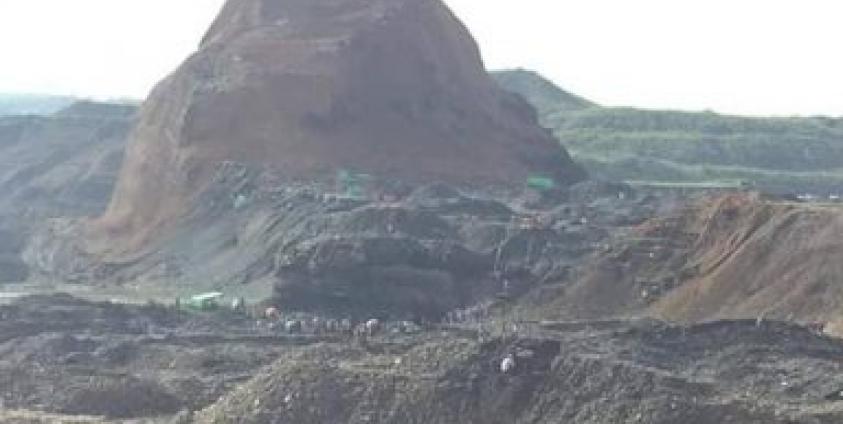The party says it wants to find solutions to land-related problems that are hurting the state’s native inhabitants.
The Kachin National Congress (KNC) has called on the Kachin State government to review the impact of controversial policies and laws that it says adversely affect the interests of local people.
“We want to discuss the resettlement program for migrant workers in Hpakant and find some way of achieving harmony between local people and the VFV land law,” said the party’s general secretary, Ze Zawng, referring to Burma’s Vacant, Fallow and Virgin Lands Management Law.
The party sent a letter to the government on July 24 to propose ways of addressing these and related issues, including the proliferation of tissue-culture banana plantations in the state under the VFV land law, but it has yet to receive a response.
“We have already sent our proposal to them. The Kachin State government and our KNC party will meet and discuss the tissue-culture banana plantation issue as a major topic,” said Ze Zawng.
On May 20, Burma’s Ministry of Social Welfare, Relief and Resettlement held a meeting on plans for a resettlement program for migrant workers in Hpakant jade mines and on the management of virgin, fallow and vacant lands in the area.
Two days later, the KNC released a statement opposing the resettlement program, saying that the migrant workers already had their own native places where their families are registered. Using the VFV land law to resettle them in Kachin State would therefore only add problems to Kachin State’s complicated political situation, the statement said.
“It’s no good. It can cause more conflicts,” Ze Zawng told NMG, adding that he had heard the government planned to visit the Hpakant area to observe the situation there within the next few weeks.
Ze Zawng also said that the VFV land law was being exploited by companies that were taking land traditionally used by local people for crop rotation to establish tissue-culture banana plantations.
“Regarding this VFV land law, there are many tissue-culture banana plantations in Waingmaw and Bhamo because of it, and now our people are suffering the consequences,” he said.
“As we know, the number of these Chinese-owned tissue-culture banana plantations has increased dramatically in Waingmaw and Bhamo, where many companies start plantation while they are still applying for permission. It means these plantations are there illegally,” he said.
The plantations have become a major issue in Kachin State, blamed not only for depriving local people of access to their land, but also for draining water resources and poisoning livestock with pesticides.
According to the KNC, the VFV land law affects not only Kachin State but also other states and regions and should, therefore, be addressed by people across the nation.







